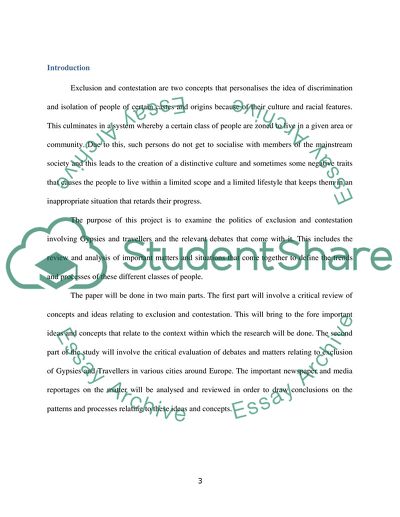Cite this document
(“THE GEOGRAPHIES OF EXCLUSION & CONTESTATION-AN ESSAY ON THE ISSUES &”, n.d.)
THE GEOGRAPHIES OF EXCLUSION & CONTESTATION-AN ESSAY ON THE ISSUES &. Retrieved from https://studentshare.org/geography/1668870-the-geographies-of-exclusion-contestation-an-essay-on-the-issues-debate-concerning-gypsies-travellers
THE GEOGRAPHIES OF EXCLUSION & CONTESTATION-AN ESSAY ON THE ISSUES &. Retrieved from https://studentshare.org/geography/1668870-the-geographies-of-exclusion-contestation-an-essay-on-the-issues-debate-concerning-gypsies-travellers
(THE GEOGRAPHIES OF EXCLUSION & CONTESTATION-AN ESSAY ON THE ISSUES &)
THE GEOGRAPHIES OF EXCLUSION & CONTESTATION-AN ESSAY ON THE ISSUES &. https://studentshare.org/geography/1668870-the-geographies-of-exclusion-contestation-an-essay-on-the-issues-debate-concerning-gypsies-travellers.
THE GEOGRAPHIES OF EXCLUSION & CONTESTATION-AN ESSAY ON THE ISSUES &. https://studentshare.org/geography/1668870-the-geographies-of-exclusion-contestation-an-essay-on-the-issues-debate-concerning-gypsies-travellers.
“THE GEOGRAPHIES OF EXCLUSION & CONTESTATION-AN ESSAY ON THE ISSUES &”, n.d. https://studentshare.org/geography/1668870-the-geographies-of-exclusion-contestation-an-essay-on-the-issues-debate-concerning-gypsies-travellers.


